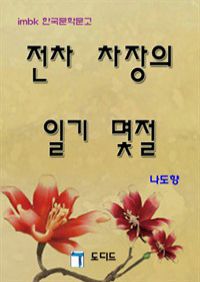
Theaetetus
- 저자
- Plato
- 출판사
- 도디드
- 출판일
- 2014-06-02
- 등록일
- 2016-08-09
- 파일포맷
- EPUB
- 파일크기
- 0
- 공급사
- 북큐브
- 지원기기
- PC PHONE TABLET 프로그램 수동설치 뷰어프로그램 설치 안내
책소개
The Theaetetus (Greek: Θεα?τητο?) is one of Plato's dialogues concerning the nature of knowledge, written circa 369 BC. The framing of the dialogue begins when Euclides tells his friend Terpsion that he had written a book many years ago based on what Socrates had told him of a conversation he had with Theaetetus when Theaetetus was quite a young man. (Euclides also notes that he had had to go back to Socrates to ask some more questions about the speeches due to his spotty recollection of the account.)
Euclides is prompted to share his book when Terpsion wonders where he had been: Euclides, who apparently can usually be found in the marketplace of Megara, was walking outside of the city and had happened upon Theaetetus being carried from Corinth to Athens with a case of dysentery and a minor war wound; Euclides remarks that Socrates had made some uncanny predictions about Theaetetus needing to rise to fame. Euclides' book is read aloud to the two men by a slave boy in the employ of Euclides.








.jpg)

